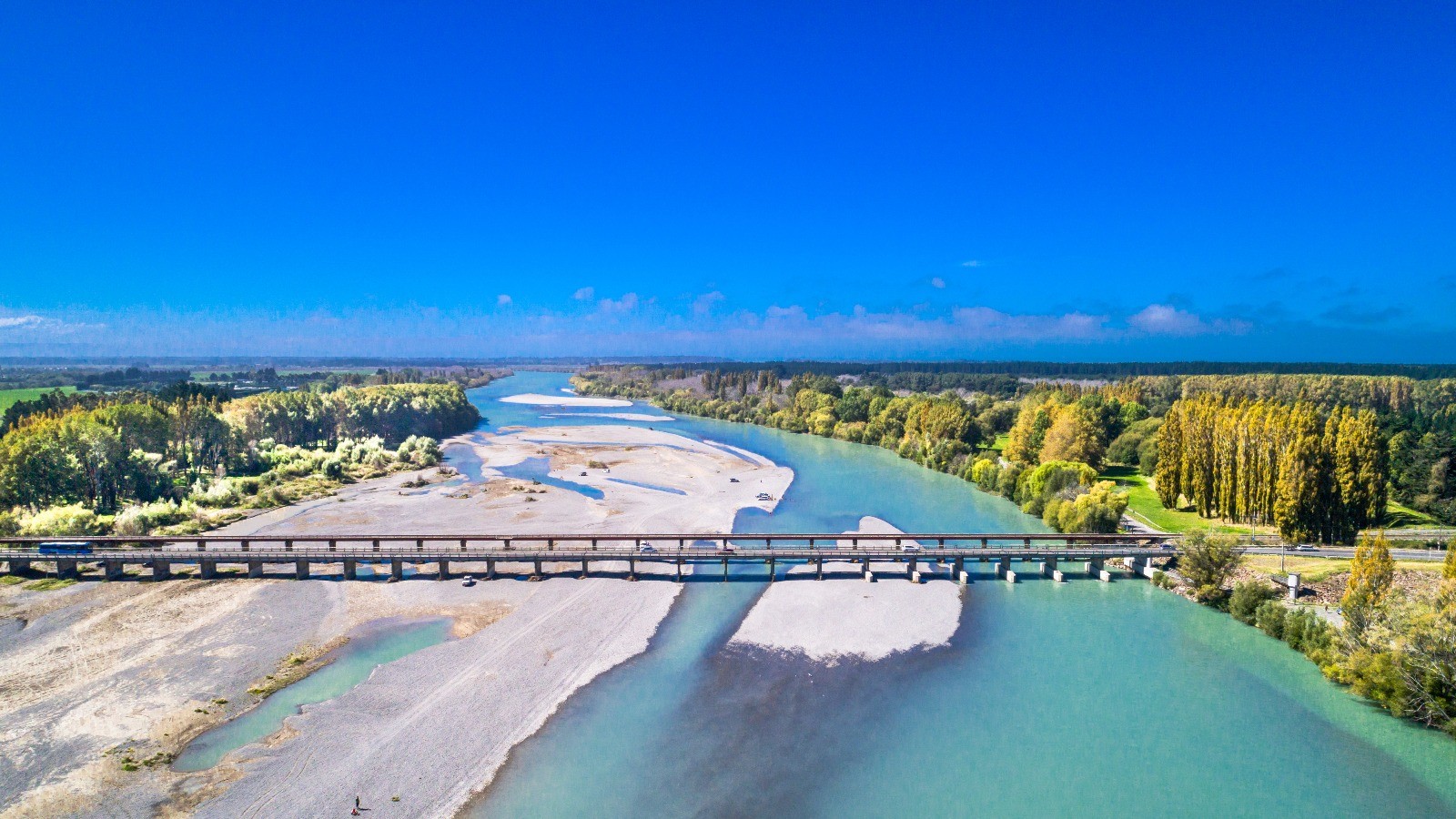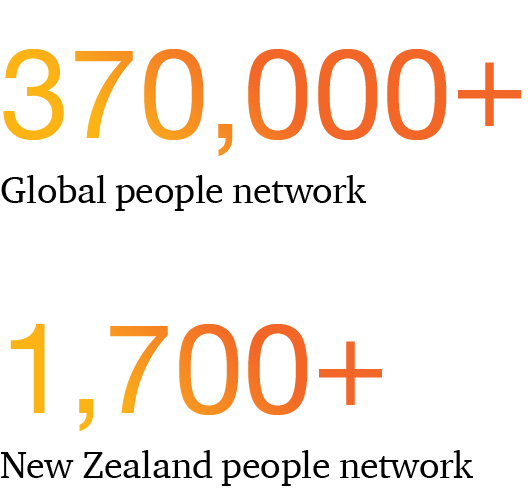These laws are aligned with international norms, with New Zealand being a signatory to a number of international intellectual property treaties and conventions including TRIPs, the Paris Convention, the Berne Convention, the Patent Cooperation Treaty, the Singapore Treaty, and the Madrid Protocol.
Many New Zealand companies are adept at developing valuable intellectual property and often seek out offshore capital to enable them to deploy the intellectual property, both domestically and for sale or licence overseas. The robust intellectual property regulatory system in New Zealand is attractive to foreign investors, as it establishes the framework for protecting their investment in new products, brands and ideas while allowing firms to drive innovation and productive uses of these assets.
We recommend registering any trade marks intended to be used by the business, as registered trade marks are usually cheaper and easier to enforce than unregistered trade mark rights.
Intellectual Property Trade marks
Trade marks can be registered in New Zealand under the Trade Marks Act 2002. A trade mark grants the owner the exclusive right to use that trade mark in New Zealand in relation to the goods or services for which it was registered as long as the registration is renewed every 10 years. Trade marks that qualify for registration can include signs, symbols, words, logos, shapes, colours, sounds, and smells. New Zealand is a signatory to the Madrid Protocol, which facilitates trade mark applications internationally and into New Zealand.
Both registered and unregistered trade marks are protected under the common law tort of passing off and the Fair Trading Act 1986 (FTA). A passing off action can be used to prevent use of an identical or similar trade mark by third parties where that use would likely lead the public to believe that the third party is the same as or related to the trade mark owner.
The FTA prohibits misleading and deceptive conduct in the course of trade, which includes misleading use of someone else’s trade mark. The scope of protection under passing off and the FTA will depend on the use of and reputation in the trade mark, and generally registration of your trade mark provides better protection.
Intellectual Property Copyright
Copyright applies automatically on the creation of certain original works, including writing (literary works), artistic works, music, sound and video recordings, designs, and software code.1 Copyright duration depends on the category of work, but is generally the life of the author plus 50 years. The Copyright Act 1994 also provides protection for industrial designs for a period of 16 years from the date of first mass production.
Intellectual Property Tax
Numerous tax issues may arise where intellectual property is deployed offshore. During the early research and development stages, research expenditure is generally deductible in the year incurred, while development expenditure tends to be capitalised and amortised over the life of the asset. At the commercialisation stage, effective structuring will be important where intellectual property is deployed offshore.
If intellectual property is licensed offshore, royalties may be received in, or paid out of, New Zealand. Most countries with which New Zealand businesses trade will impose withholding tax on royalties paid to an offshore company. Tax considerations will also apply on the sale of intellectual property and depend on the types of intellectual property involved.
New Zealand offers a Research and Development (R&D) Tax Incentive to encourage businesses to invest in innovation in New Zealand. The tax incentive provides a tax credit at a rate of 15 percent of eligible R&D spend, up to $120 million a year, which is broadly refundable as cash. Subject to certain restrictions, entities may be eligible for the incentive even when the R&D is performed on behalf of a related party or the IP generated is held internationally within the group, or if being performed in New Zealand through a permanent establishment.
Intellectual Property Registered designs
The Designs Act 1953 governs the registration of ‘designs’ applied to an article (by an industrial process or means) that are new or original features of shape, configuration, pattern or ornament. Protection through registration can last up to 15 years, subject to the payment of renewal fees.
Intellectual Property Patents
Patents grant the owner the exclusive right to exploit their inventions and licence them to others for a period of up to 20 years, subject to the payment of annual renewal fees after the first four years. The invention must be novel, inventive, and useful. Novelty is assessed on an absolute (or worldwide) basis. It also means that your invention must remain confidential (and not be in use or widely known) until you seek patent protection.
In New Zealand, patents are examined for patentability prior to grant. There are pre-grant opposition processes should third parties wish to challenge a patent, and re-examination and revocation processes post-grant.
Intellectual Property Other intellectual property rights
New Zealand legislation also provides protection for:
- plant varieties
- geographical indications (currently only for wines and spirits, but this will expand to a broader range of food and agricultural products once the provisions of the New Zealand-European Union Free Trade Agreement are implemented domestically)
- layout designs for integrated circuits
- ambush marketing in connection with designated major events
- moral rights
Checking for prior conflicting intellectual property rights will also be important before launching a new business, brand, product or service in New Zealand.
1 This also includes machine-generated works - making New Zealand a country that affords copyright protections to at least some AI outputs.











